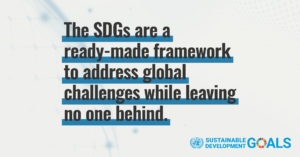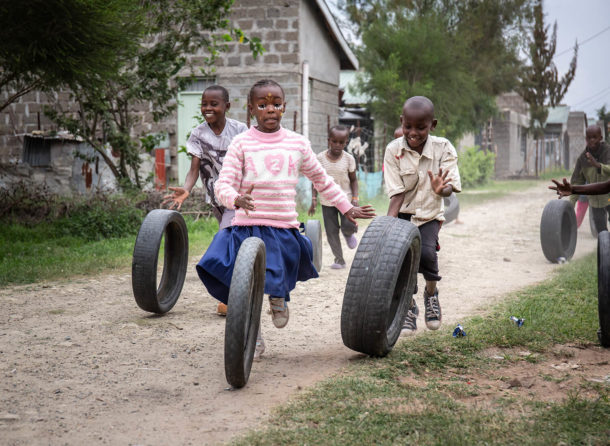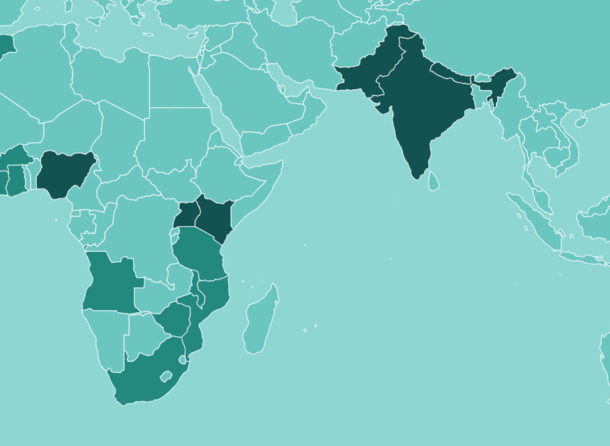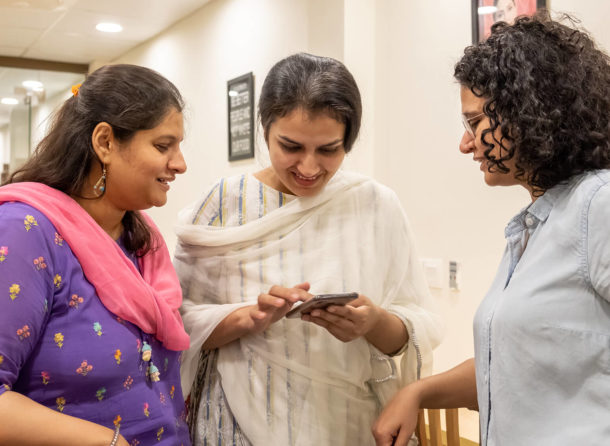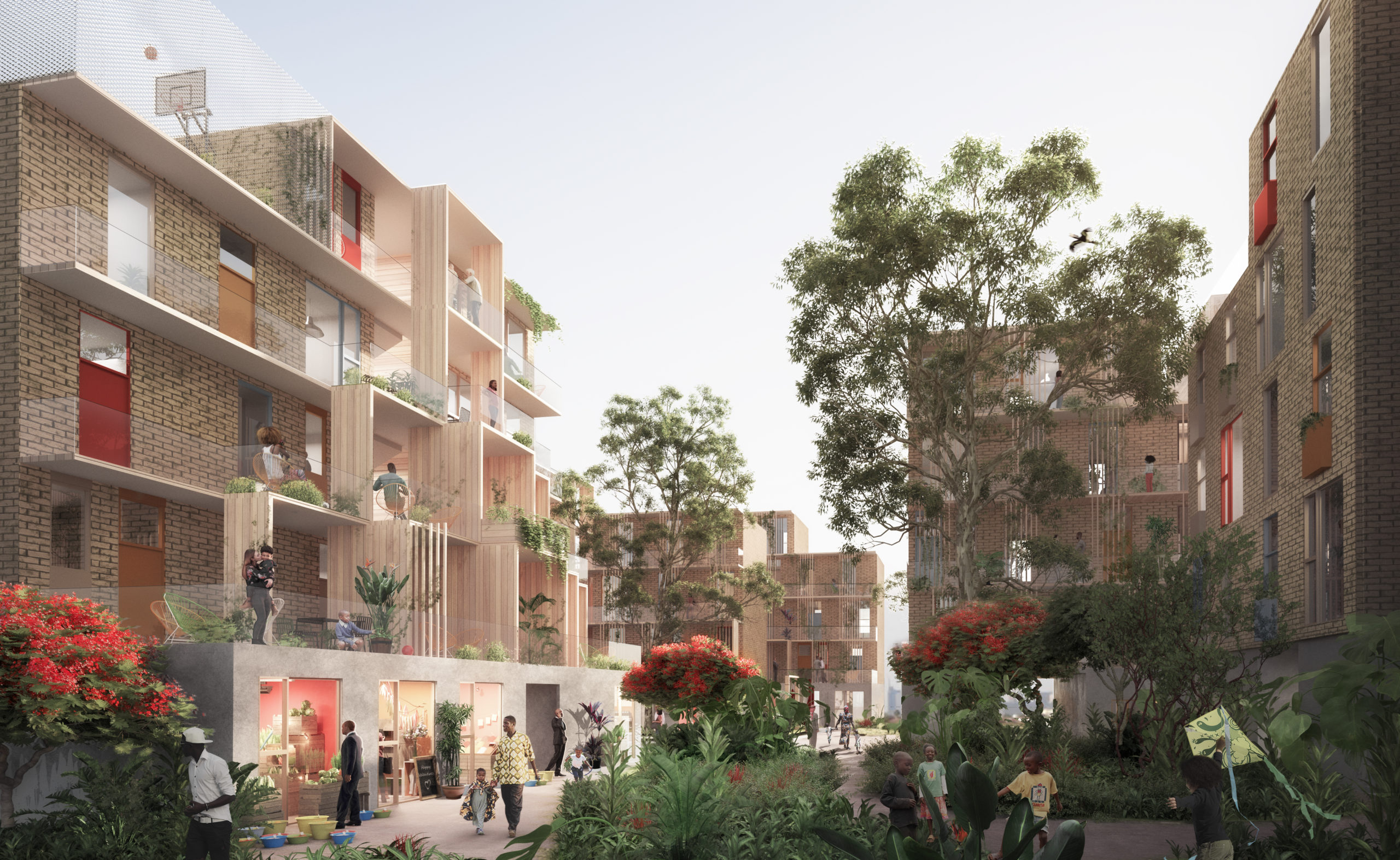
SDG11 – the challenge to build affordable, safe and accessible green housing is not going away
In New York this week, 44 countries are carrying out Voluntary National Reviews (VNR) on their implementation of the Sustainable Development Goals (SDGs). And while the UK is not on the list this year, the Bond SDG Group felt that now was a timely moment to build on their 2019 SDG report on how the UK measures up since it’s VNR in 2019. Reall have again co-written the chapter focusing on SDG 11 – Sustainable Cities and Communities – alongside Sightsavers, The FIA Foundation and the British Council.
Read SDG 11 Section co-written by Reall (PDF, 4 Pages, 327 KB)
Read the full report: The UK’s global contribution to the Sustainable Development Goals 2022 (PDF, 76 Pages, 4.4MB)
The UK government has played a strong role in pioneering urban affordable housing solutions in Africa and Asia, notably through its long-term support of Reall’s 2002-2021 Community Led Infrastructure Finance Facility (CLIFF) programme – enhancing access to affordable housing for people in the lowest income groups and delivering market-oriented financing solutions. Although the UK funding has ended, this work has continued – now embedding green solutions that are ready for scaling up.
By 2030, 60% of the world’s population will live in cities, but the current model of urban growth is unsustainable – environmentally, socially and economically. At least 1.6 billion people globally already live in sub-standard housing, and this global crisis of a lack of affordable, safe and accessible housing is increasing.
The climate crisis poses a significant challenge for urban environments – and how future cities are built, the materials used, the source and efficiency of energy use as well as the financing is critical. Informal and low-income homes are particularly at risk to climate-related disasters when constructed from poor materials and situated in vulnerable areas. And the increasing frequency of climate-related disasters is being accompanied by a sharp rise in the world’s urban population, which means that more and more people are moving to climate-vulnerable cities and regions.
Compounding this is the continued impact of the Covid-19 pandemic, which has hit cities particularly hard and the poorest hardest. The pandemic brought home the impact of inadequate housing conditions – inadequate access to water, poor sanitation, overcrowding and hazardous conditions – that made self-isolation and social distancing, handwashing and basic hygiene difficult and increased the risk of transmission. The escalating housing deficits across both Africa and Asia underscore how affordable housing is a key opportunity for post-Covid economic growth strategies. Yet only 15% of countries have housing initiatives in the Covid economic recovery plans.
The SDGs, and in particular SDG 11, provide a connected framework for addressing many of the challenges faced by an urbanising world. However, progress was off track even before the Covid-19 pandemic, and the latest UN Secretary-General’s report on SDG progress states that the ‘catastrophic effects [of the Covid-19 crisis] on people’s lives and livelihoods and on global efforts to realise the Sustainable Developments Goals is now beyond dispute’ with years (and even decades) of development progress having been halted or reversed. Already an additional 75-95 million will now live in extreme poverty in 2022 compared to pre-pandemic levels.
Therefore, simultaneously meeting the goals of both the Paris Agreement and the 2030 Agenda must lie at the heart of all future thinking and investment. Our solutions must support a net zero, inclusive and prosperous future for all.
With an estimated 300 million homes required by 2030, this provides the UK government with an opportunity to build on its experience to catalyse this market through strategic investment and interventions, as well as to harness UK expertise from across the UK built environment sector, such as its world-leading green innovations and finance sector. While there has been a level of uncertainty and lack of clarity on future direction and funding since the creation of the merged FCDO department, there are opportunities for the UK to continue to take this work forward across different government departments and country offices, and for the UK to remain a global leader and build on its momentum in scaling up its investment and impact.
Header image: The Zima Homes project set up by Reall partner BuildX Studio will create affordable accessible green homes only a short distance from the heart of Nairobi that put the users’ wellbeing at the centre. (Image credit: Zima Homes, BuildX Studio.)
Read more stories
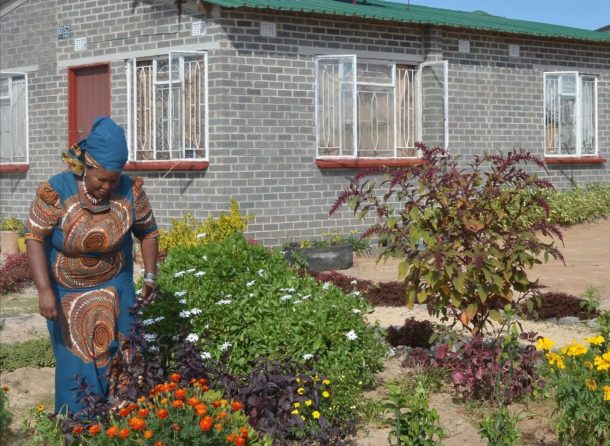
Delivering multi-dimensional impact on the SDGs through Affordable Housing
Watch Estelle Robinson, Reall’s Policy and Influence Manager, introduce our new paper on achieving the UN‘s Sustainable Development Goals through Affordable Housing in Africa and Asia. The pandemic has triggered the worst economic recession since 1930 and the combined …
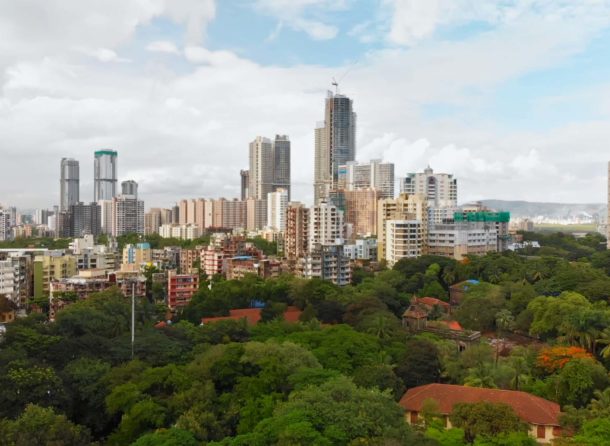
Affordable housing: A route to high impact climate mitigation & resilience solutions
Reall, innovators and investors of climate smart affordable housing, launch new climate policy brief to mark World Cities Day and the beginning of COP26, taking place 31 October 12 November, in Glasgow. The built environment contributes 39% of global greenhouse …
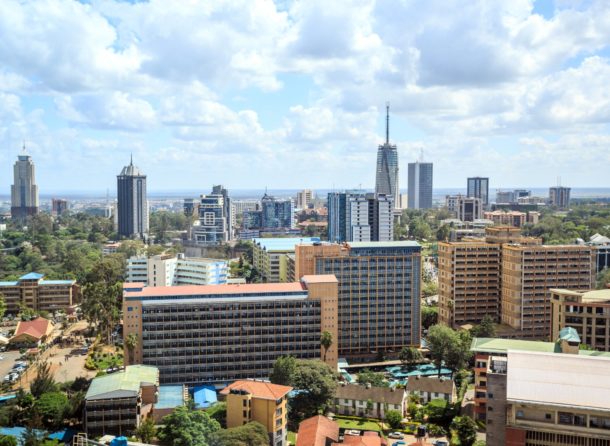
Reall wins prestigious global climate award programme
Reall’s affordable green mortgage project has been selected from more than 150 applications as the winning submission in the Zero Carbon Buildings stream for The Global Innovation Lab for Climate Finance.
